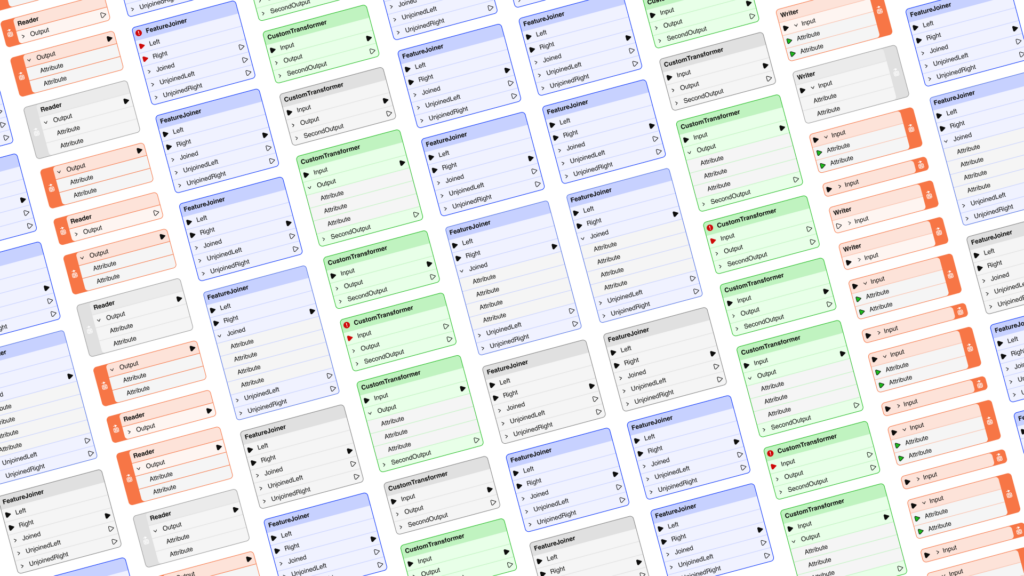Insights from Europe: Metadata (Part 2)


I recently blogged about my latest trip to Europe where I demonstrated FME Server to some of our European partners and customers – many of whom are involved in the INSPIRE initiative. During my visit I received some great feedback about FME Server and valuable suggestions which we can apply to our ongoing development back in Canada. One of the most important discussions we had surrounded the growing need for metadata, motivated by INSPIRE’s metadata specification project and SDI projects in general.
Historically, spatial data access within an organization has been done with high ceremony. What I mean by this is data was either created internally or purchased from a well known data vendor; in either case there has been a high cost of getting data (money and/or effort). Because of this, organizations have traditionally defined clear uses and requirements for the data before they acquire it to ensure that it suits their needs. This information about the data is what metadata is all about. With this information users can determine if the data meets their requirements.
Often over time this metadata degrades because traditionally it has been stored in an ad hoc manner, scattered in documents and people’s heads. This lack of metadata maintenance can lead to real problems for organizations when they take their historical data holdings and attempt to use them for new tasks for which the data is not suitable.
As tough as the situation can get for organizations and their historical data holdings, the whole problem of understanding data is exacerbated when data becomes available on the web. How are organizations able to take advantage of this data? How are organizations even able to find the data they’re looking for on the web?
The answer is metadata. Today more than ever, organizations need the ability to get data about data!
Metadata is not new but has always been a key part of an organization’s data assets. The difference now is that with data moving much more freely, we need ways to effectively and efficiently communicate metadata so that organizations are able to determine if a specific set of data is applicable for their task at hand. This is what the ISO 19115 metadata specification (used by INSPIRE and other SDI’s) is all about.
The ISO 19115 document states that metadata is all about enabling users to discover, evaluate, and use spatial data. By selecting a standard approach for metadata, INSPIRE will greatly improve this communication.
We at Safe Software often say that our business is “All about the Data” – and metadata is “Data about the Data.” The rising importance of metadata goes hand in hand with the increased accessibility of spatial data over the web. As data continues to become more widely available through SDI projects like INSPIRE, the significance of metadata will continue growing. As part of our commitment to evolving our product to meet the progressing needs of the market, we’ve already begun work on developing metadata support in FME and anticipate its release in FME 2009.
Next week I’ll be in Slovenia to participate in the European Commission INSPIRE Conference 2008 where I’ll be demonstrating how FME Server can help SDI participants get their data into the required specifications (semantic translation) and distribute it out over the web as a contribution to the initiative (data distribution). Join me for my presentation entitled “Apply the Power of Server-based Spatial Data Infrastructure (SDI) Initiatives” on Tuesday, June 24, at 4:00 pm, and come visit me at the Safe Software booth. See you there!



